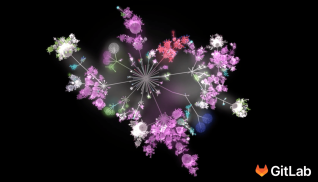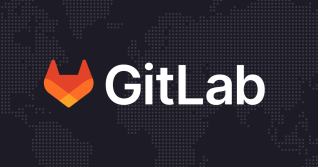Browse articles from Culture


Visualizing 11 years of GitLab contributions
Check out this animated video, which beautifully visualizes every contribution since our start.

The many routes to a tech career
GitLab team members of different ages and backgrounds share their entry into this industry.

How to use virtual reality for team building
Zoom meetings are fine, but are there better options for team bonding? We tested a few virtual reality games. Here's what you need to know.

How the GitLab iteration value drives innovation through the engineering
GitLab is a unique place to be a developer. Here's why.

3 keys to success for product operations
Learn how to set a foundation for product operations at your organization.

How GitLab's customer and partner focus fuels our culture
It’s an exciting time to be working in a customer- or partner-facing role at GitLab. Our sales team members explain why.

Preventing burnout: A manager's toolkit
GitLab CEO Sid Sijbrandij shares 12 steps that managers can take to help employees avoid burnout.
Find out which plan works best for your team
Learn about pricingLearn about what GitLab can do for your team
Talk to an expert
